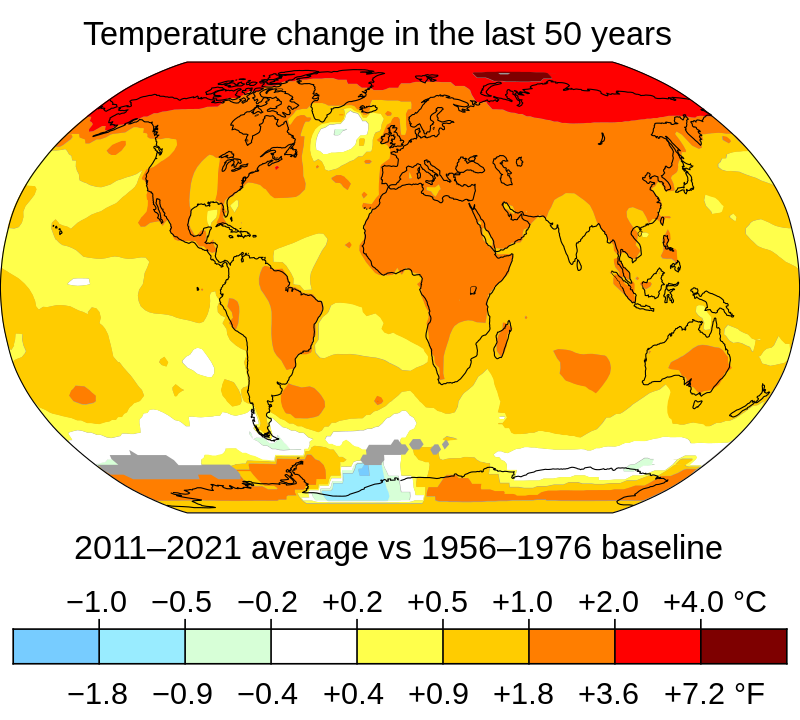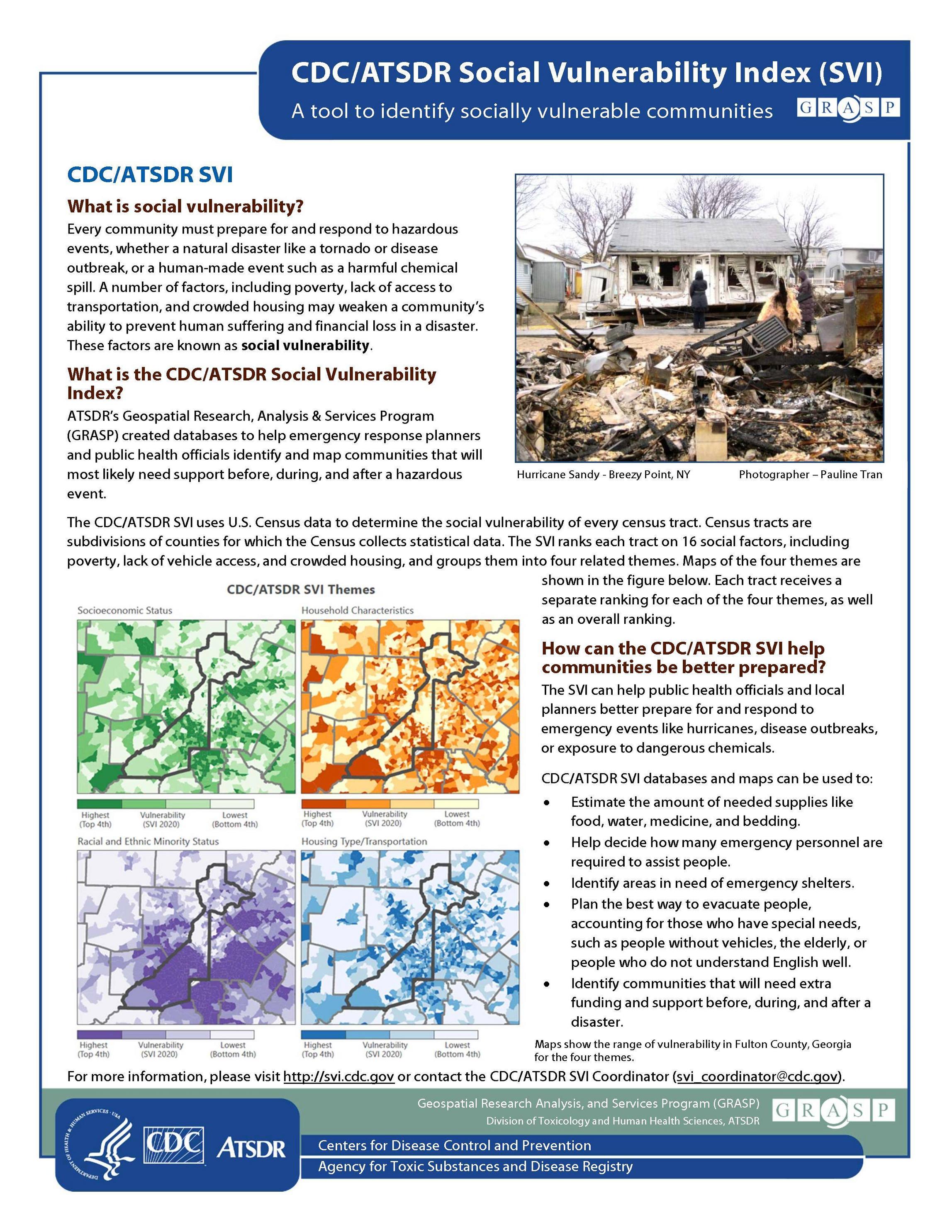
The United Nations' ActNow campaign is an international call to individuals to take action on climate change. It works in partnership with cities and communities to promote individual behavior change. The network is supported by experts and thought leaders at the national and regional levels in climate, sustainability and social action.
ActNow brings together mayors around the globe. They work together to develop best practice projects. They work together to promote community safety, transform abandoned minelands into sustainable assets, expand technology businesses, and encourage community safety. They also support People's Commissions. These are community groups that represent ordinary residents.

ACT NOW offers resources for communities that want to make their community a safer and healthier place. ActNow encourages individuals to make sustainable decisions in their daily lives. ActNow, for example, has created a chatbot that helps people save energy. It recommends living sustainably, eating plant-based diets, and conserving natural resources.
ActNow offers a youth version of the program called Climate Action Superheroes. This event brought together parents and kids to engage in activities about environmental issues. The highlight of the event was the online seminar on conservation of wildlife. This event was attended by hundreds from all over the world. Some of the guests included Paavani, the 14-year-old Youth Secretary for the World Sustainable Security Coalition (WSSC); Devika Vaid, Miss Earth India; and Naja Saade, a Lebanese fashion designer who uses unused textiles to create zero waste fashion.
Another ActNow project is an initiative that helps small businesses get low-cost capital. The Alliance for Economic Development of Southern West Virginia, which received an initial grant from U.S. Economic Development Administration(EDA), will train green building workers with a grant of $2,500. The HBIZ Technology Center will transform three historic buildings into tech-reuse areas.
Appalachian Climate Technologies Coalition, a regional effort, will concentrate on creating jobs in green collar technology in southern West Virginia. It will create a more inclusive economy and ensure that the region has a just transition to a more sustainable, prosperous future. ACT Now will attract over $250 million of private investment in climate-technology sectors. The coalition will ultimately create 5,000 direct full time jobs and 15,000 indirect jobs.

The ACT NOW program works with cities, nonprofits, and non-profits, as well as local business leaders. It helps to build a network that includes experts and leaders capable of making positive, real changes. It also selects promising initiatives. ACT NOW assists local politicians in making their communities more sustainable. ACT NOW's leadership development programme includes a network of youth, and includes experts from the civil society.
ACT NOW provides real-world learning experiences to help people and communities tackle the challenges of today. They also offer caregiving seminars, and virtual dementia tours. ActNow has reached millions across the globe through these initiatives.
ActNow plays a crucial role in the UN coordinated effort against climate change. It is a key part of the UN coordinated effort on climate change. ActNow has been welcomed by chefs and influential people who want to help people live sustainably.
FAQ
How can the impact of climate change be reduced or mitigated?
There are many ways to reduce or mitigate the impact of climate change. These include reducing greenhouse gas emission through more energy efficient practices and using other sources of energy, improving land management practices, protecting forests, wilderness habitats, and protecting against extreme weather events like floods and droughts. It's important that people are educated about climate change. This encourages them to take responsibility for their actions.
Is there any potential for new technologies that address climate change?
This global problem is a huge challenge that new technologies can address. Advanced science is making it possible to shift to a more sustainable world.
New methods of carbon capture and sequestration can be employed to draw down greenhouse gas levels, while enhanced agricultural practices can reduce emissions from livestock and soil degradation. Smart grid technology is also possible to be integrated into existing power infrastructure, resulting in an efficiency boost. Furthermore, improved building design can help decrease energy consumption.
Additionally, scientists can develop organisms using cutting-edge synthetic biological approaches to convert green sources of fuel like CO2 lasers into usable biofuels or alternate feedstocks. This could be a major shift in transportation if there is a shift away from petrol-based vehicles to electric cars powered solely by renewable sources.
Finally, greater investment in digital technology and AI can help empower people across borders with greater access to data on their ecological footprint and ultimately lead to more informed choices regarding consumption habits. Understanding our carbon production role is essential to help us all be better stewards.
What are the international efforts currently being made to address climate change
The current international climate-change effort is moving forward with unprecedented momentum and unity. Countries around the world are increasingly collaborating on ways to reduce emissions, strengthen resilience against impacts, and invest in renewable energy sources.
At the global level, the Paris Agreement has galvanized collective action and serves as a framework for individual countries to set voluntary targets for reducing emissions. Additionally, the UN Framework Convention on Climate Change (UNFCCC) is providing political guidance and piloting new initiatives such as carbon market mechanisms.
Other regions are seeing progress. The European Green Deal is a comprehensive legislation package that seeks to create a European economy with sustainability as its core. Countries on the African continent also have committed to The African Renewable Energy Initiative, which aims increase Africa's participation in global renewable energy production.
Along with policy changes, action can be observed across all sectors and industries. Cities are actively moving toward sustainable public transport systems. Society as a whole is moving towards more sustainable lifestyles. Companies invent technologies that reduce carbon emissions. Investors are shifting their capital away to renewables.
The OECD committee has adopted common standards to report national actions on climate change by rich countries. This is known as the 2021 Guidelines.
All of these efforts show an unprecedented focus on climate action. To meet climate goals, both governments and civil society must continue to build on the momentum.
What is the current status of the global climate, and how is it changing in the future?
The current climate is characterized by unprecedented uncertainty and change. Unprecedented levels of atmospheric carbon dioxide are causing temperatures to increase significantly, leading to droughts, heat waves, changing rainfall patterns, melting polar ice caps, ocean acidification, and rising sea levels.
These changes already have a profound impact upon ecosystems around the globe and are causing extinctions as well as disruption of habitats. They are also threatening millions of people's lives and livelihoods, particularly in areas where there is already resource scarcity.
Due to the higher average surface temperatures due to human activity, extreme weather events like hurricanes, cyclones and wildfires have been steadily increasing over time. This trend is expected to continue into the future as temperatures continue to climb.
A rapidly changing climate has many effects. They can impact everything from food insecurity to displacement by extreme weather events to sea level rise, causing communities to relocate. Climate change is also increasing social inequality bydisproportionately impacting marginalized communities who lack the necessary resources and knowledge to adapt.
There has been progress in some areas, such as the reduction of carbon emissions or initiatives for renewable energy in certain countries. However, there is no global initiative that can be taken to effectively mitigate these changes. To prevent further destruction and devastation caused by climate change, all countries must work together to take immediate action and plan for adaptation in an ever-changing world.
How does climate change politics impact global efforts?
Climate change is highly politicized and has caused division between governments, individuals, and nations. Politics of different actors can have an impact on the implementation of climate change measures. It is becoming difficult to reach consensus on global efforts for addressing this urgent environmental crisis.
The vast majority of scientific opinion agrees that human-generated climate change is real and requires urgent action. These issues are often dominated by politics, which can hinder global cooperation that is necessary to implement sustainable energy practices, protect natural habitats, research viable technological solutions, as well as other climate change interventions.
Many governments around the globe want to protect business interests and enforce policies that restrict business activities. This often clashes with regulations that experts recommend for effectively addressing climate change. Without strong international commitments and wide-spread international action, it can be very difficult for any individual state or group of nations to address climate change effectively through legislation.
Further complicating the process of reaching full agreement on how to deal with climate change is the differences in power dynamics. Countries with more economic power frequently appoint their own representatives for international negotiations over the environment. This can lead lopsided discussions between countries' perceived interests and those of all other parties. At both the national and international level, there have been extensive discussions about potential side effects of radical changes like geoengineering.
A grassroots movement has also struggled against powerful opposition, including corporate ownerships as well-funded lobbyists trying to keep their industries politically favorable. This is especially true when it comes funding research into alternative energy production and enforcing mandates for renewable energy technology. Individual governments need to be clear about the potential rewards and outcomes of making valid progress on the issue. They cannot seek short-term spectacles or gains to gain public support.
If we are to achieve a coordinated effort to address our current environmental crisis, it is crucial to properly distribute resources and be aware of political divisions among nations.
What is climate change? How does it happen?
Climate change refers to the long-term shifts in global weather patterns that are caused by an increase in greenhouse gases in the atmosphere. These gases trap heat which causes global temperatures to rise. This can cause a wide range of changes in weather conditions and climate. These can include rising sea level, melting glaciers or droughts, widespread coral bleaching, species extinction and disruptions in food production.
The main cause of climate change is human activity such as burning fossil fuels for electricity and transportation, cutting down forests, and farming livestock. The planet is heated faster when these activities release large amounts carbon dioxide (CO2) than natural processes, such as volcanic eruptions. These activities also produce more CO2 than volcanoes.
Another major contributor to the global greenhouse gas emission is deforestation. It accounts for around 15-20%. Trees are destroyed or burned to release their carbon dioxide. Furthermore, forests act like a natural carbon sink and remove CO2 from air. Without this absorption capacity carbon dioxide levels will continue rising with devastating consequences to ecosystems all over the world.
The release of CO2 into the atmosphere is not the only effect of human-caused polluting. Other harmful gasses like methane, CH4, and nitrous dioxide (N2O), are also emitted by humans. While methane is used extensively in industrial processes, it contributes substantially to atmospheric heating. N2O comes primarily from soil management activities like fertilization and tilling that release excess nitrogen into the soil. This leads to N2O being produced upon microbial interaction.
To reduce climate change, humanity must unite efforts across the political, social, and economic systems to reduce emissions dramatically and move away from our dependency on fossil fuels toward renewable energy sources, such as solar and wind power or low-carbon hydrocarbon fuels. Smart solutions that encourage zero-waste living and replace polluting fossil fuels could help reduce atmospheric pollution and heat buildup. Reforestation projects, which are powerful aid in the fight against climate change by absorbing large quantities of CO2 back into nature and maintaining biodiversity, can help us take responsibility for our environmental impact.
Statistics
- features Earth's average surface temperature in 2022 tied with 2015 as the fifth warmest on record, according to an analysis by NASA. (climate.nasa.gov)
- Fossil fuel production must decline by roughly 6 percent per year between 2020 and 2030. (un.org)
- The 10 countries with the largest emissions contribute 68 percent. (un.org)
- According to the 2014 report on Climate Change Impacts, Adaptation, and Vulnerability (page 8) from the United Nations Intergovernmental Panel on Climate Change, governments at various levels are also getting better at adaptation. (climate.nasa.gov)
- The 100 least-emitting countries generate 3 per cent of total emissions. (un.org)
External Links
How To
How to support climate-friendly policies and companies
Individuals have many options to support climate-friendly policies. This can include speaking out against non-climate-friendly businesses or politicians, voting for pro-environment candidates, writing letters or emails of encouragement to those who are already taking positive action towards the environment, and signing petitions in favor of policies that encourage and support climate-friendliness. Individuals can take practical steps like switching to greener providers or choosing more sustainable products than those that emit higher carbon emissions.
Supporting climate-friendly policies and companies is one of the most important steps in reducing one’s carbon footprint. This may include changing daily habits such unplugging electrical appliances and switching off lights when not required, using environmentally friendly household products like biodegradable cleansers and composting kitchen soiled food scraps rather that putting them in landfills, wearing sustainable fiber clothing, choosing local foods whenever possible, installing energy-efficient energy systems at your home with solar panels or wind turbines, as well as planting trees around the property that absorb carbon dioxide (CO2) from the atmosphere.
Investors who are keen to support climate-friendly policies will want to find companies that produce lower carbon emissions before investing. Investors who are interested in supporting climate friendly policies should research companies that emit less carbon than they own. They should also review their portfolios frequently to make sure they comply with the sustainability standards set by them. Green bond investors should ensure that the funds they invest in do not finance any activities that release more greenhouse gases into our atmosphere than they take away. Investors should consider any opportunities that could allow funds to be used for green business activities. These include renewable energy alternatives as a way to promote sustainability and community-building projects using green technologies.